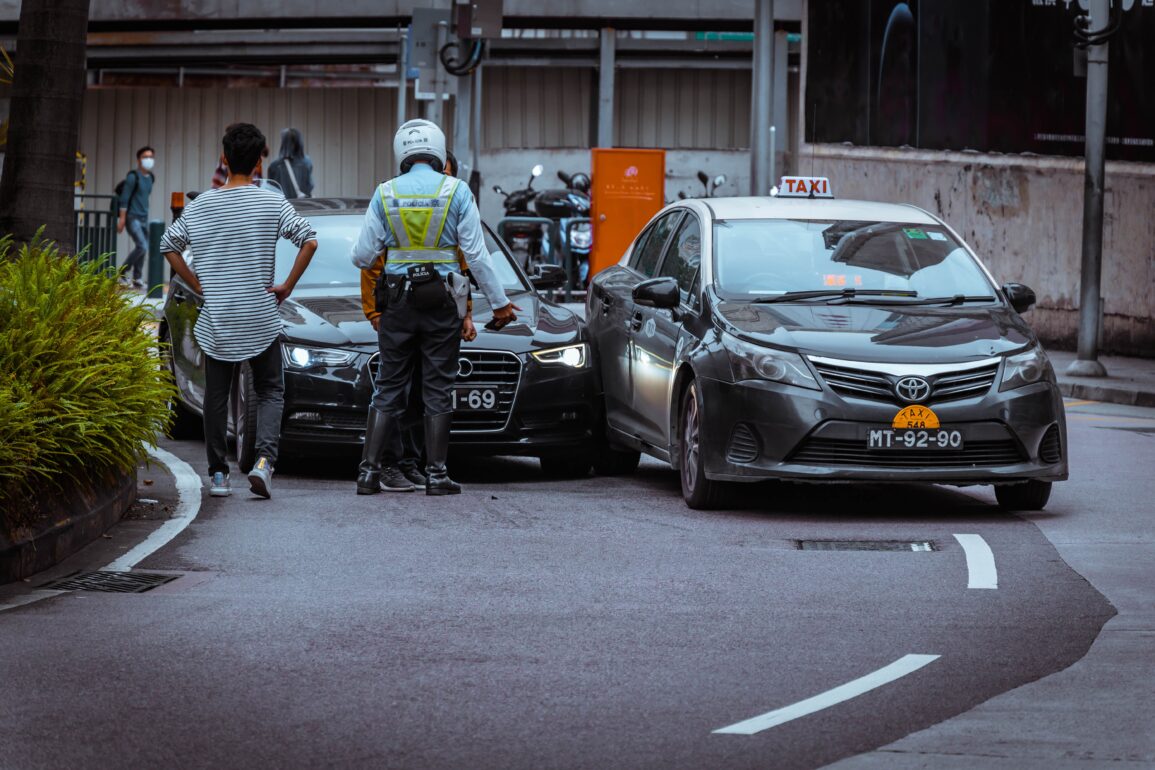Car accidents are unexpected, jarring events that can leave lasting impacts on individuals physically, emotionally, and financially. In the aftermath of a collision, it’s crucial to understand your rights and options, especially when it comes to personal injury lawsuits. Understand that not all car accidents will be legitimate grounds for a personal injury lawsuit. In most cases, your car insurance will provide enough coverage.
That said, below are various instances where filing a personal injury lawsuit might be warranted and what factors come into play.
1. Negligence of Another Driver
One of the primary reasons for filing a personal injury lawsuit after a car accident is when the collision results from another driver’s negligence. Negligence can manifest in various forms, such as reckless driving, distracted driving, or disobeying traffic laws. If it can be demonstrated that the other driver’s actions directly contributed to the accident and subsequent injuries, you may have a strong case for a personal injury lawsuit.
Remember that you cannot always do this alone, so you should seek a personal injury attorney. Reputable attorneys like Herrman & Herrman, who specialize in car accident cases, will be able to put together legal techniques to prove the causation between the driver’s negligence and your injuries. This will be fundamental to your case.
2. Severe Injuries and Medical Expenses
When car accidents result in severe injuries, medical expenses can quickly escalate. Injuries such as fractures, spinal cord injuries, traumatic brain injuries, and other debilitating conditions often require extensive medical treatment, rehabilitation, and ongoing care, more than what insurance can cover.
Suppose the negligence of another party caused these injuries. In that case, you have legal grounds to file a personal injury lawsuit to cover the overwhelming medical costs and ensure financial support for future care.
3. Loss of Income and Future Earnings
Car accidents can disrupt your ability to work and earn a living, either temporarily or permanently. If you’ve suffered injuries that lead to a loss of income or a diminished earning capacity, a personal injury lawsuit can seek compensation for these economic damages. This includes not only current lost wages but also potential future earnings that may be affected by long-term disabilities resulting from the accident.
4. Wrongful Death Cases
Tragically, some car accidents result in the loss of a loved one. In cases of wrongful death, surviving family members may be entitled to file a personal injury lawsuit against the at-fault party. This legal action can provide compensation for funeral expenses, loss of financial support, and the emotional toll suffered by the family due to the untimely death of their loved one.
5. Uninsured or Underinsured Motorist Claims
If you’re involved in a car accident with an uninsured or underinsured motorist, pursuing a personal injury lawsuit may be a viable option. Uninsured/underinsured motorist coverage is designed to protect you in such scenarios, but it may not cover all your expenses. Filing a lawsuit against the at-fault party can help recover additional compensation beyond what your insurance policy provides.
6. Disputed Liability
In some cases, determining liability for a car accident may be contested. If there is a dispute over who is at fault, and you believe the evidence supports your claim, filing a personal injury lawsuit may be necessary to resolve the matter. Legal action can help establish fault, especially when dealing with insurance companies unwilling to provide fair compensation.
7. Defective Auto Parts or Equipment
Not all accidents are solely the result of driver negligence. In some cases, accidents occur due to defective auto parts or faulty equipment. If a defect in the vehicle played a role in the accident and subsequent injuries, a personal injury lawsuit may be filed against the manufacturer or distributor of the faulty parts.
8. Psychological and Emotional Trauma
Car accidents can leave lasting psychological and emotional scars, such as post-traumatic stress disorder (PTSD), anxiety, and depression. Suppose you’re experiencing mental health challenges as a direct result of the accident. In that case, a personal injury lawsuit can seek compensation for these non-economic damages, acknowledging the emotional toll the incident has taken on your well-being.
9. Complex Circumstances: Multiple Parties Involved
In accidents involving multiple vehicles or complex circumstances, determining liability can be challenging. If you find yourself in a situation where multiple parties share responsibility for the accident, a personal injury lawsuit may be necessary to navigate the complexities of the case and ensure fair compensation for your injuries and losses.
Conclusion
Whether it’s the negligence of another driver, severe injuries and medical expenses, or other circumstances, pursuing legal action can provide the means to recover and rebuild your life after a traumatic event on the road.
If you find yourself or your loved one in any of these situations, consulting with a qualified personal injury attorney is a crucial step toward seeking justice and obtaining the compensation you deserve.

